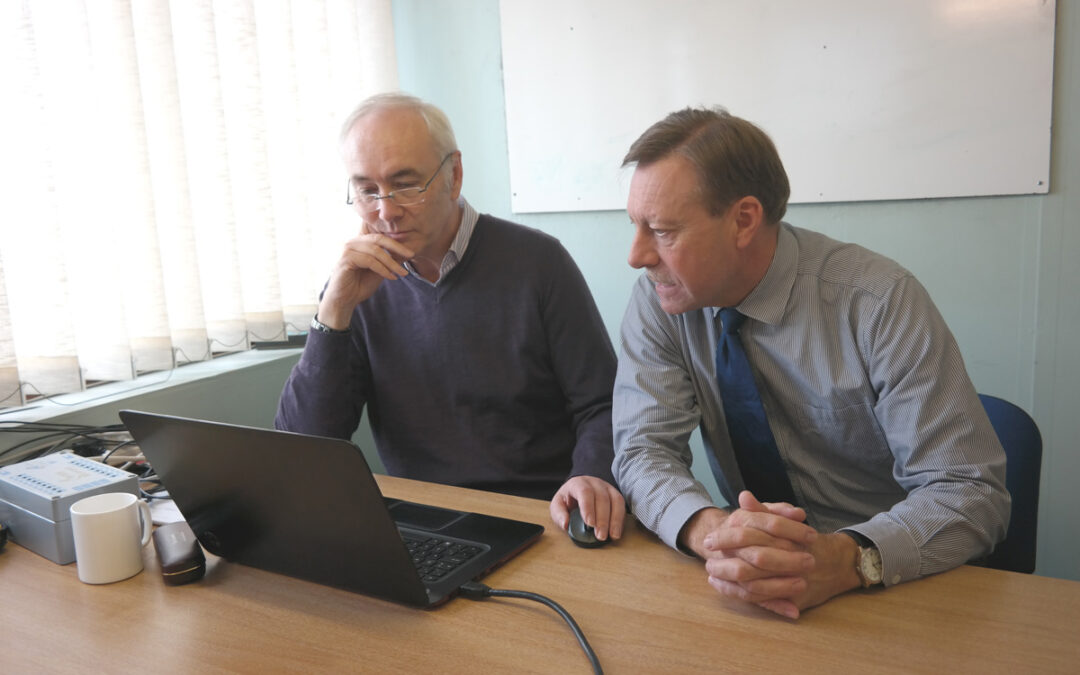I’m annoyed again. In taking on a new client, I can see how badly they have been served, when it’s almost more difficult to not do the right thing by them.
How to lose thousands without realising
We’ve just taken on a client where doing the right thing for them really didn’t happen. And it’s a lesson in what you should be expecting from your accountants and how you might make sure that you’re getting it.
After losing the client, the previous accountant didn’t bother with internal communication, so they carried on working, and the client was sent a tax return. That was silly, but not annoying. What was annoying was what was in the tax return.
The tax bill was enormous because the accountant’s clerk simply added up all the money that had been withdrawn and distributed it to dividends. That meant over £40,000 was taxed at 38.1%. The annoying part was that they had already dealt with his salary from the company, but had not allocated it to any existing payment. Neither had they allocated any expenses he had spent on behalf of the company to any payment, so £15,000 of these so-called dividends were actually repaying him.
Another £40,000 of these payments was available as a pension contribution, on which the company gets 19% tax relief as well as reducing his personal tax bill
What we did for him
We matched the salary and expenses undrawn to so-called dividends. That’s £15000 at 38.1% tax saved – £5715.
We sorted out the pension payment. Another overall tax reduction of £20955.
This is in addition to our first piece of advice which was to catch up on his pension contributions for past years so that was another £120,000, so £22800 tax saved.
After his first conversations with us his corporation tax bill has gone down by over £30000, and his personal tax bill has gone down by over £19,000. That’s £50000 he saved.
None of this is rocket science. This isn’t even tax planning. It’s a moment’s thought and a short conversation, rather than just processing what is in front of you.
He is delighted. I love helping people get the most out of their business and personal life.
Conversations
Some years ago, I wrote a book called Conversations for a Thoughtful Life for my children. It was a series of 1- or 2-page concepts about how to think about some aspects of life, some things they might want to avoid, and some they might want to embrace.
Shortly I will publish Understanding the Numbers, Make Your Business and Your Life Better. It’s not a ‘how to’ of bookkeeping or why bookkeeping and accounts are so important. It’s more about how things interact, how it affects you, and how you might want to think before you make decisions.
We’ve recently published How the placebo effect can improve your bottom line and What you need to get sticky customers.
These blogs are all about talking to people and taking the time to think before acting.
What you need to do and when
Make sure you have a conversation with your accountants at least twice in the year. Firstly, about two or three months before the end of the tax year, because that affects your personal tax position, and secondly, two or three months before the end of the businesses tax year because that affects the business’s tax position.
In that conversation, ask, “are there any amounts due to me from the business that I can have so that they are not allocated as income to me.” Then ask, “is there anything that I can do specifically with pensions or accelerating purchase of fixed assets before the year-end?” These are the two easiest tax saving solutions. You can at least cover off the obvious. If you don’t get sensible answers, you need to reflect.
Hopefully, you will also get an idea two or three months before each year-end of what your likely tax liabilities will be so that you can start these conversations and plan your cash flow as well.
We are not robots
It wasn’t poor advice but no advice that cost the client.
Accounting software is excellent but it is mechanical. You are employing an accountant to critically look at it and advise you. If you’re getting the cheap solution without the benefits, you don’t need the accountant. Or get an accountant who pays for themselves year-on-year. And keeps you right.
By the way, when we had a conversation with this same client, we noticed that they were at home. Do you work from home, we asked? “Yes, I always have.” But there’s been no allowance for this ever in his accounts! This is not difficult. It’s just not robotic.
Do you want a robot looking after your business life?
How we can help you
We are all about helping you achieve the best life-work (not work-life) balance. We do what you need to keep you on the right side of the taxman, answer all your questions, and make helpful suggestions.
Freedom and independence is the key to success, so book a free Business Energizer session with us to find out how to achieve it.
